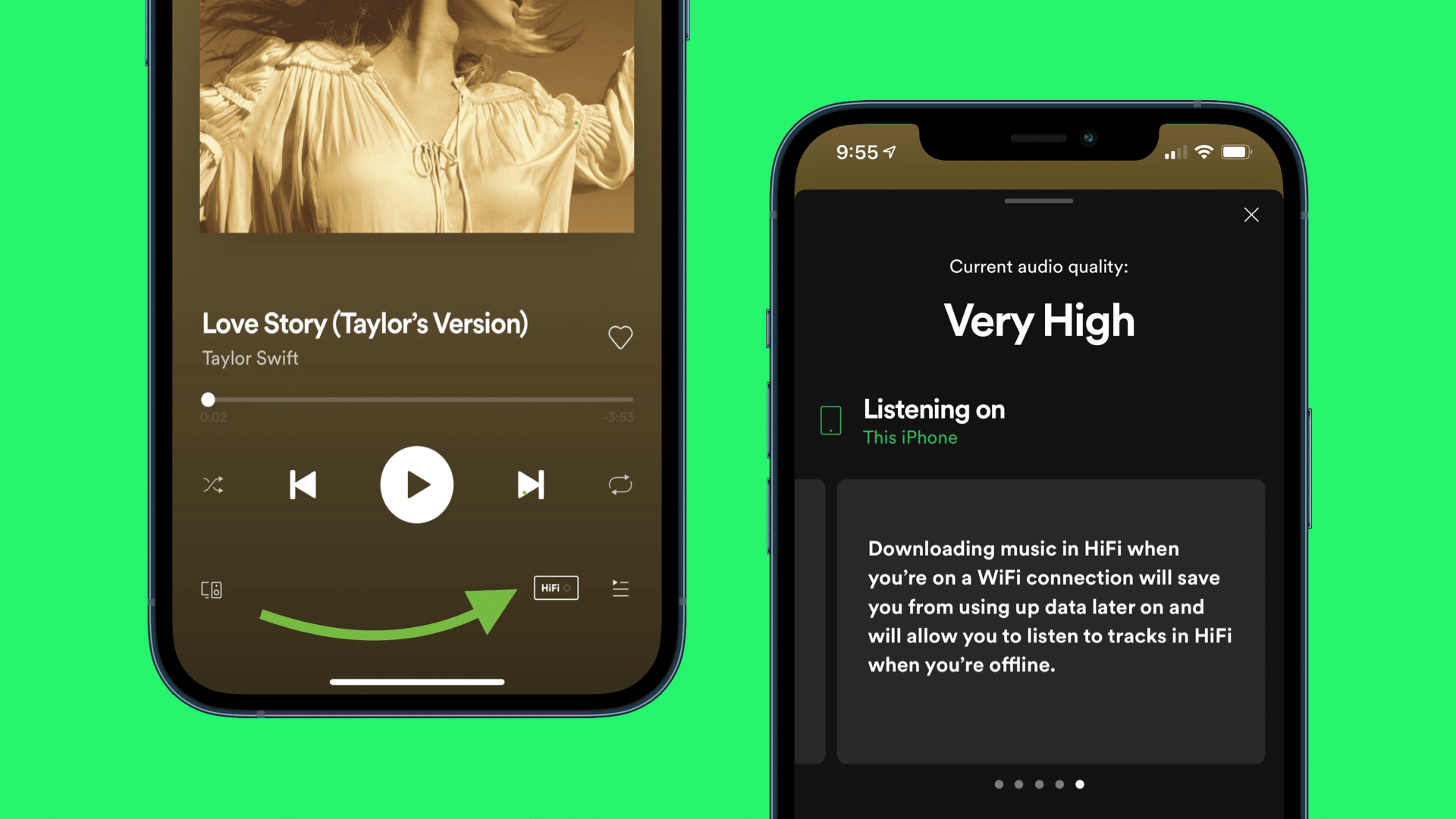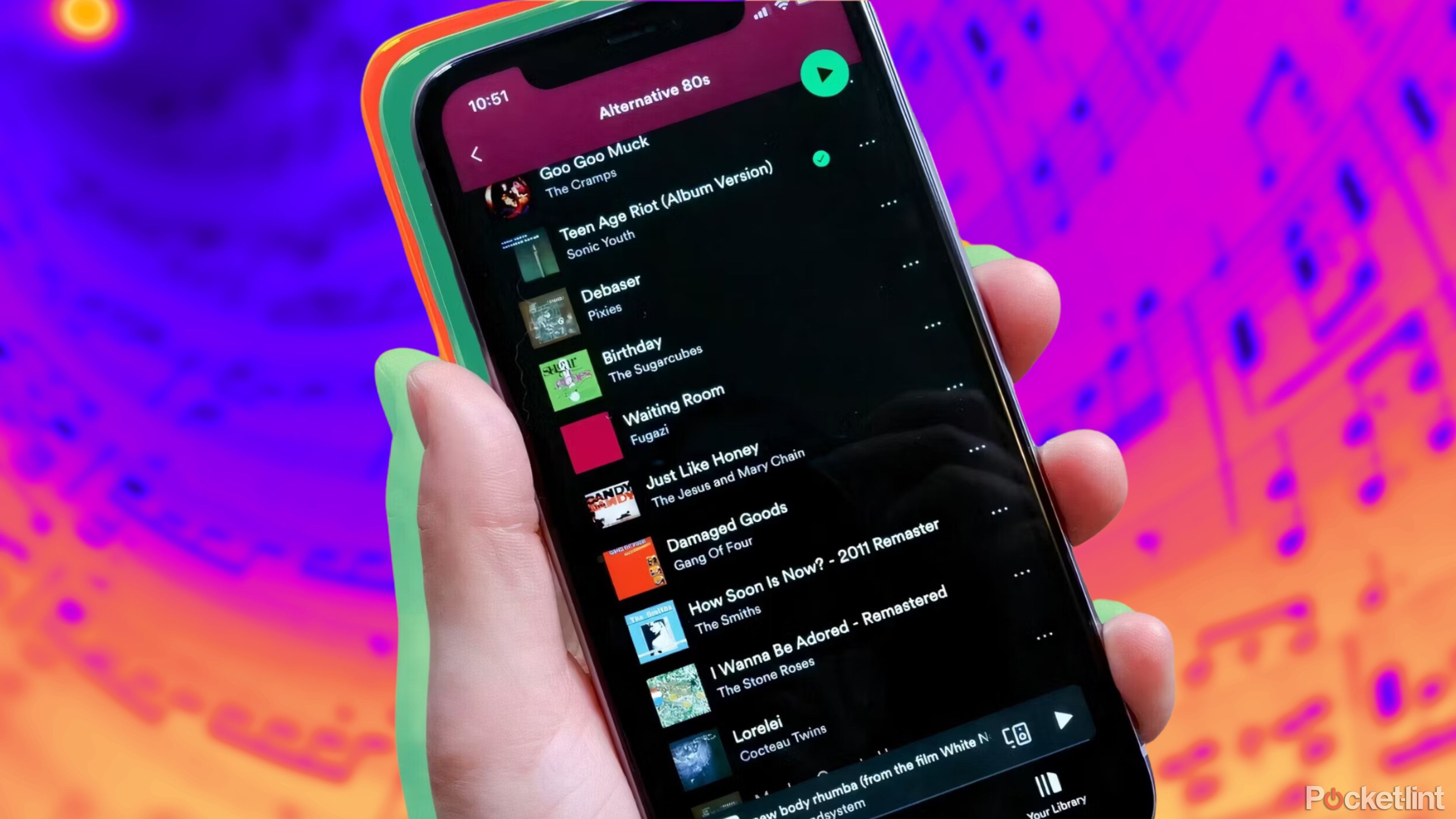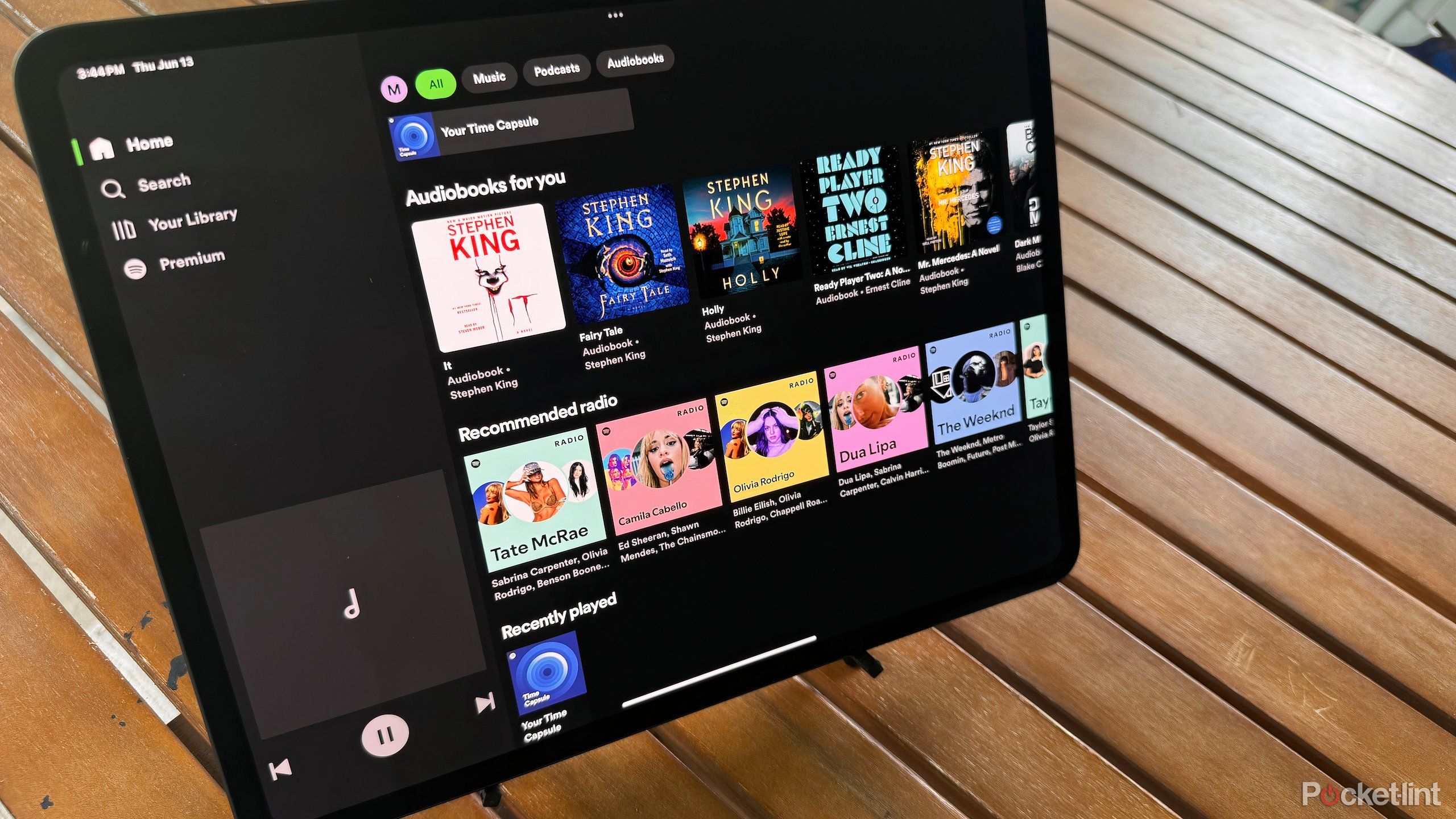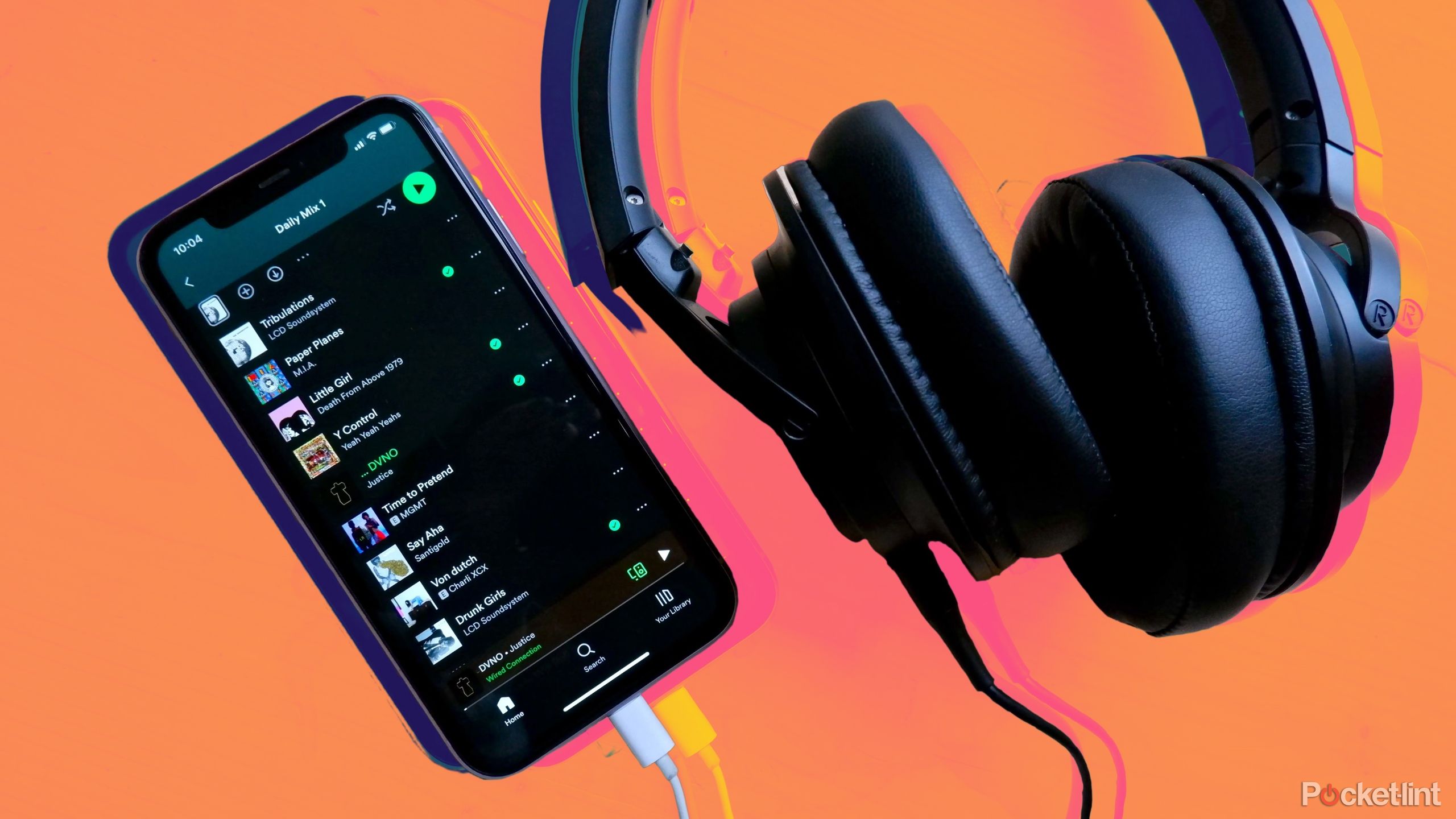Spotify Finally Unleashes Lossless Audio: A Deep Dive into the New Premium Format
For years, audiophiles and casual listeners alike have clamored for higher fidelity audio on Spotify. That wait is finally over. The streaming giant has officially announced the rollout of its long-awaited lossless audio tier, a new premium format designed to deliver a listening experience that’s closer to the original recording than ever before. This article will dissect everything you need to know about Spotify’s new offering, from its technical specifications to its potential impact on the music streaming landscape.
The Quest for Pristine Audio: What is Lossless and Why Does it Matter?
In the digital music world, audio files are often compressed to reduce file size, making them easier to stream and store. This compression process, while efficient, can sacrifice some of the nuances and details present in the original recording. Lossless audio, on the other hand, uses compression methods that preserve all the original data.
Think of it like photocopying a document. A regular photocopy (lossy) might lose some of the fine details, while a digital scan saved as a lossless file (like a TIFF) retains everything perfectly.
Why is lossless audio important?
- Enhanced Listening Experience: Lossless audio delivers a richer, more detailed sound, allowing you to hear subtle nuances in the music that might be lost in compressed formats.
- Closer to the Artist’s Intent: It allows you to experience the music as the artist and sound engineers intended, capturing the full dynamic range and sonic texture.
- Improved Audio Quality for High-End Equipment: If you have high-quality headphones or speakers, lossless audio will allow you to truly appreciate their capabilities.
Spotify’s Lossless Audio: What We Know So Far
While the exact details are still emerging, here’s what we currently understand about Spotify’s lossless audio offering:
- Format: While the specifics haven’t been officially confirmed, speculation points towards FLAC (Free Lossless Audio Codec) as the likely format. FLAC is a widely supported and open-source lossless codec.
- Streaming Quality: Expect CD-quality audio, which typically translates to 16-bit/44.1kHz. This is a significant upgrade from Spotify’s current standard streaming quality.
- Availability: Spotify has stated that the rollout will be gradual, starting with a select group of users before expanding to a wider audience. Keep an eye on your Spotify app for updates.
- Pricing: It’s expected that lossless audio will be offered as part of a new, higher-priced premium tier. The exact cost hasn’t been revealed yet, but expect it to be competitive with other lossless streaming services.
- Device Compatibility: Most modern smartphones, tablets, and computers should be compatible with Spotify’s lossless audio. However, you’ll need high-quality headphones or speakers to truly appreciate the difference.
Preparing for Lossless Listening: Tips and Considerations
Before diving into the world of lossless audio on Spotify, consider these factors:
- Headphones/Speakers: Invest in a good pair of headphones or speakers that are capable of reproducing high-fidelity audio.
- Internet Connection: Lossless audio files are larger than compressed files, so you’ll need a stable and fast internet connection for seamless streaming.
- Data Usage: Be mindful of your data usage, especially if you’re streaming lossless audio over a mobile network. Consider downloading your favorite tracks for offline listening.
- Storage Space: If you plan to download lossless tracks, ensure you have sufficient storage space on your device.
The Impact on the Streaming Landscape
Spotify’s entry into the lossless audio arena is a significant move that will likely have a ripple effect on the entire streaming industry. It puts pressure on other streaming services, such as Apple Music and Amazon Music, to continue offering and improving their own lossless options. This increased competition ultimately benefits consumers by driving innovation and lowering prices.
Furthermore, Spotify’s large user base will introduce lossless audio to a wider audience, potentially leading to a greater appreciation for high-fidelity music and a renewed focus on audio quality within the music industry.
Conclusion: A New Era for Spotify and Music Lovers
The arrival of lossless audio on Spotify marks a significant milestone in the evolution of music streaming. It offers users a chance to experience their favorite music in unprecedented detail and brings Spotify in line with the growing demand for high-fidelity audio. While the exact details regarding pricing and availability are still unfolding, the future looks bright for audiophiles and casual listeners alike. Get ready to rediscover your music library!
Frequently Asked Questions (FAQs)
Q: When will Spotify’s lossless audio be available?
- A: Spotify has announced a gradual rollout, starting with select users. Keep an eye on your Spotify app for updates.
Q: How much will Spotify’s lossless audio cost?
- A: Pricing hasn’t been officially announced, but it’s expected to be part of a new, higher-priced premium tier.
Q: What kind of equipment do I need to enjoy lossless audio?
- A: While you can technically listen on any device, high-quality headphones or speakers are recommended to truly appreciate the difference.
Q: Will lossless audio use more data?
- A: Yes, lossless audio files are larger and will consume more data than compressed files. Consider downloading for offline listening.
Q: What audio format will Spotify use for lossless audio?
- A: While not officially confirmed, speculation points towards FLAC (Free Lossless Audio Codec).




